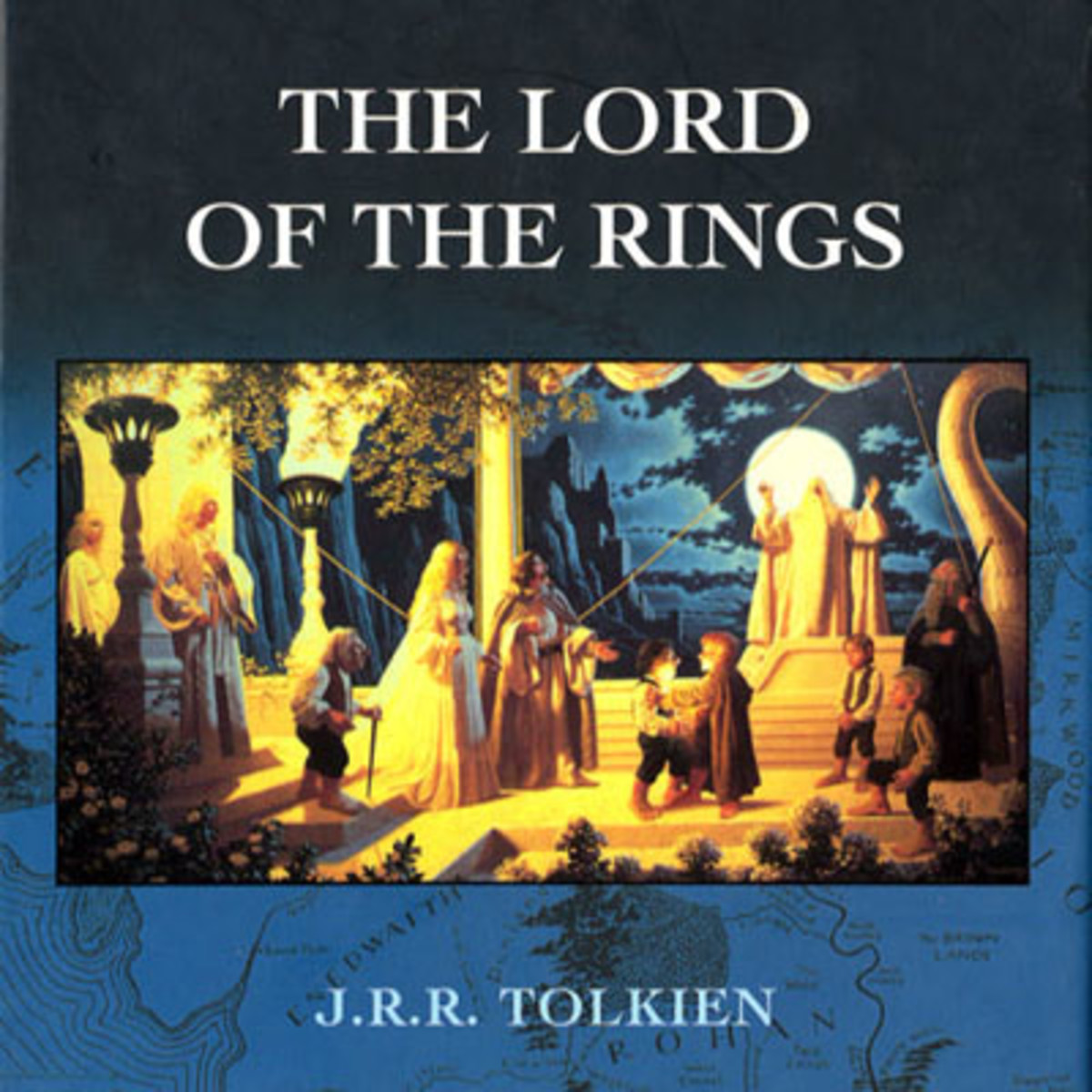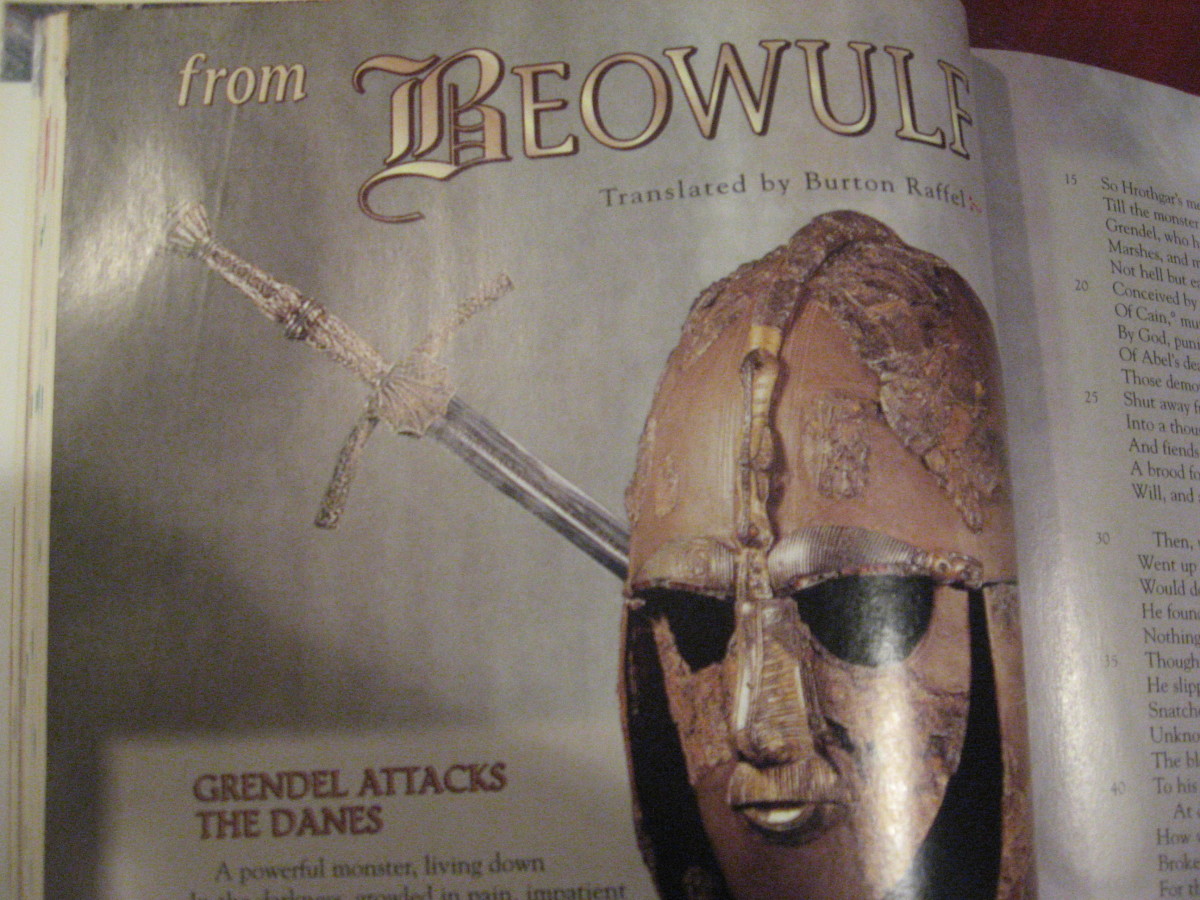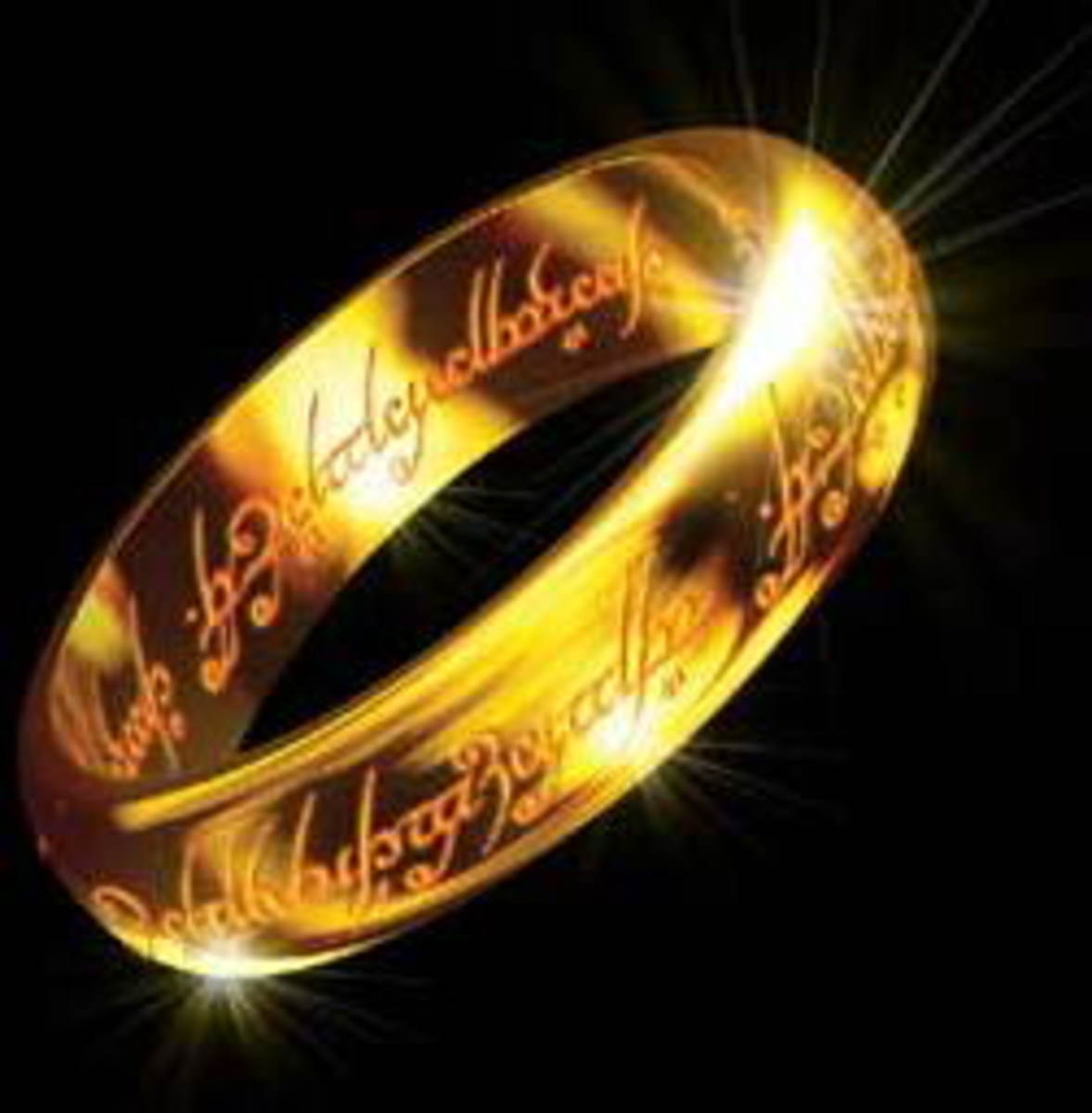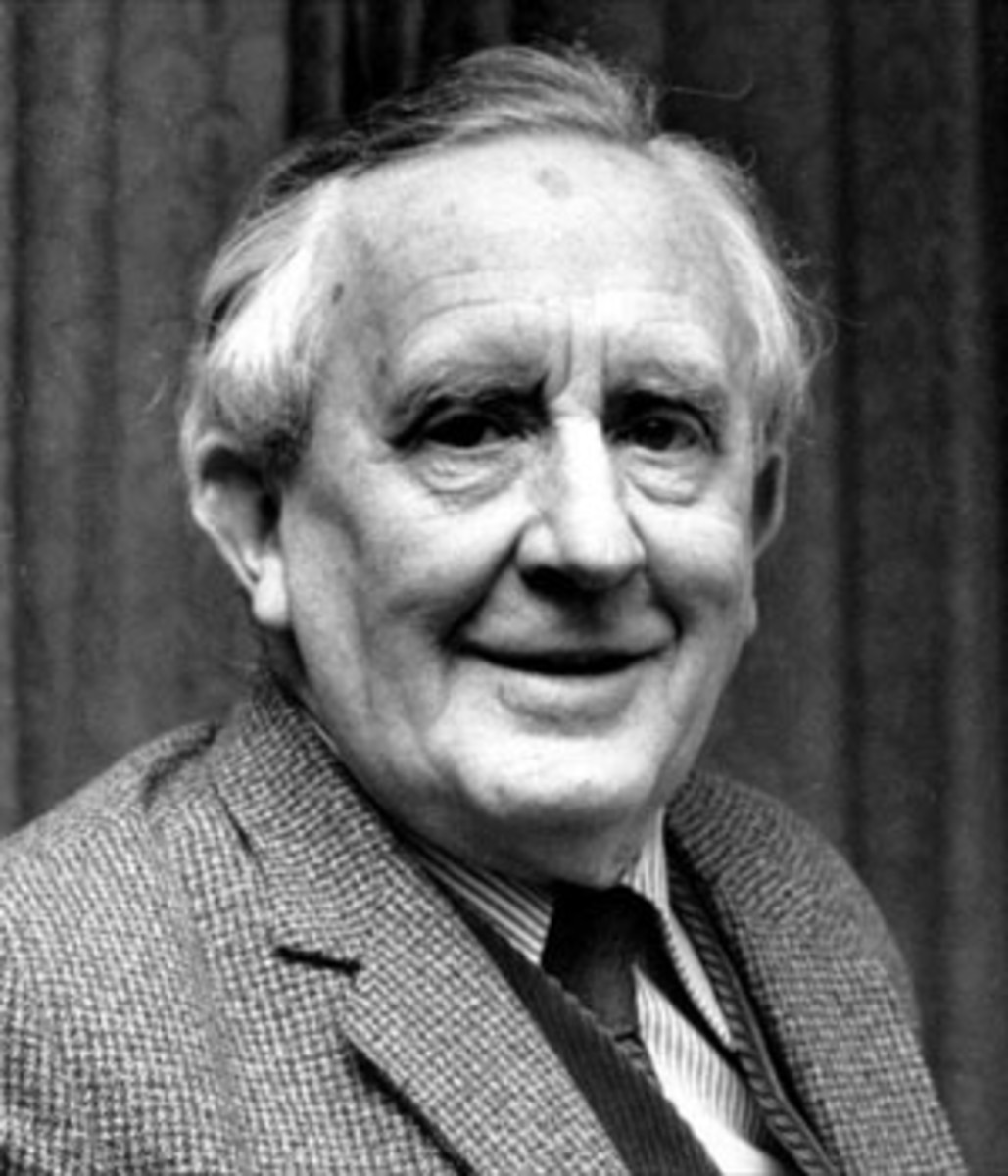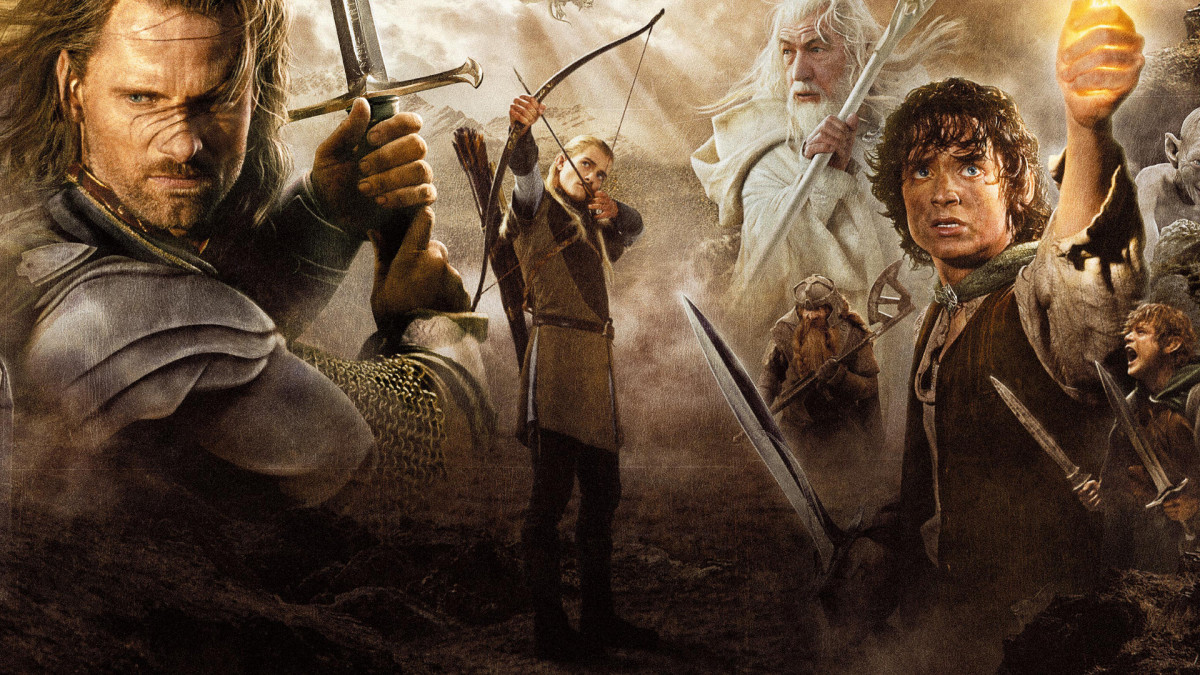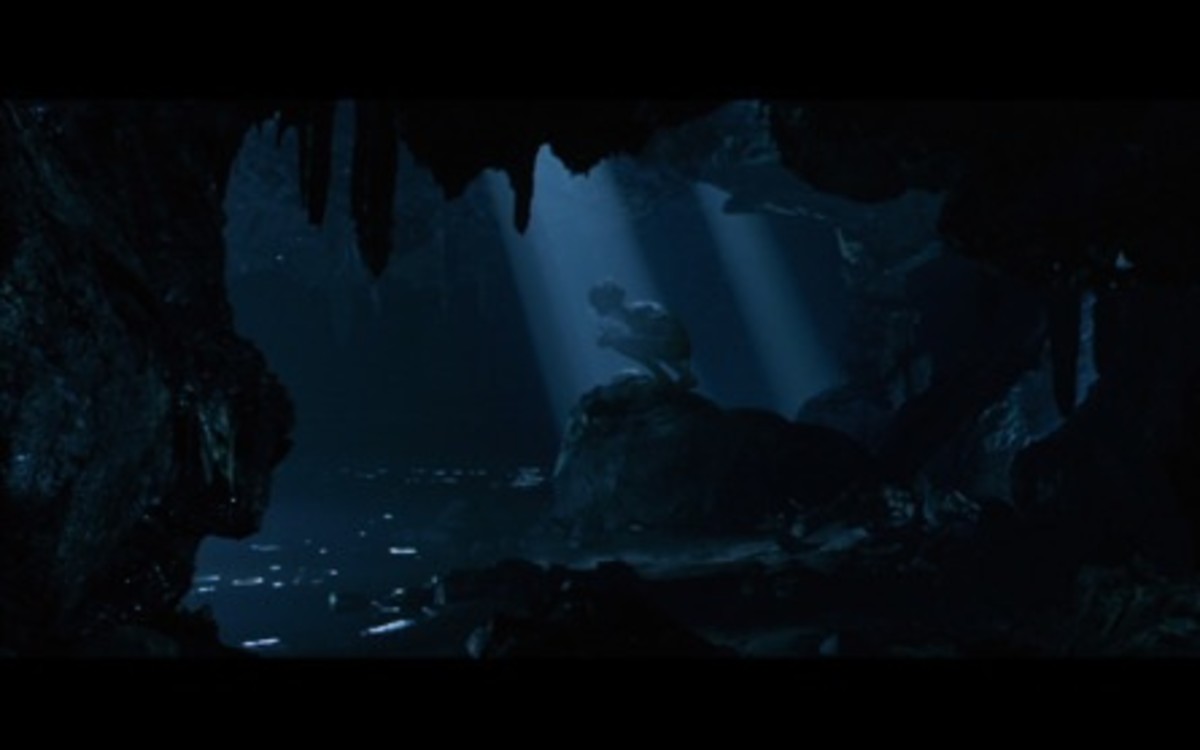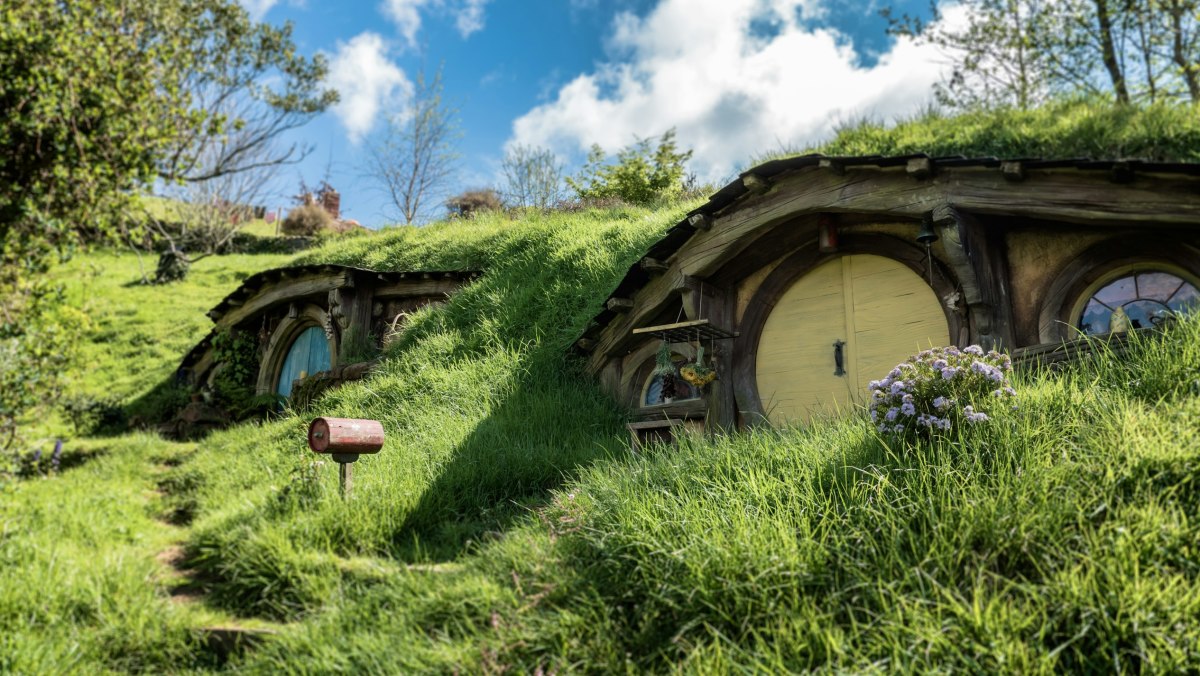- HubPages»
- Books, Literature, and Writing»
- Books & Novels»
- Fiction»
- Science Fiction & Fantasy Books»
- Fantasy
In The Beginning, There Was A Silmarillon.
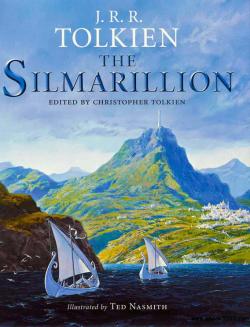
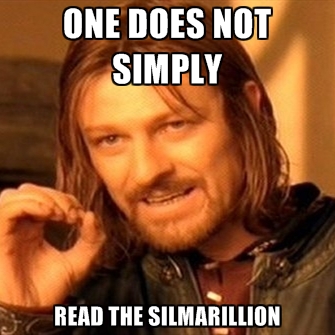
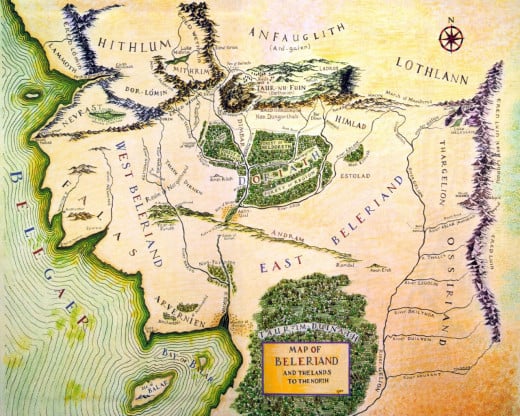
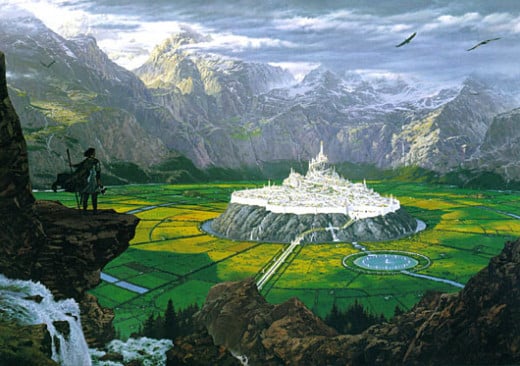
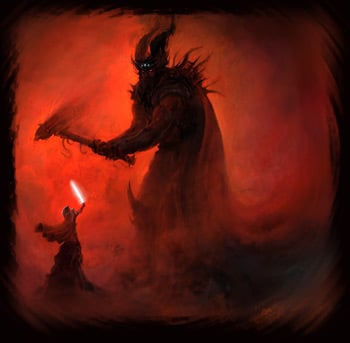
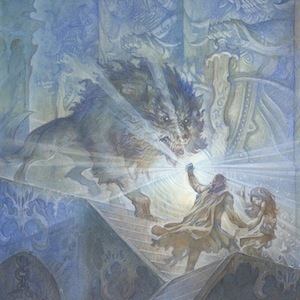
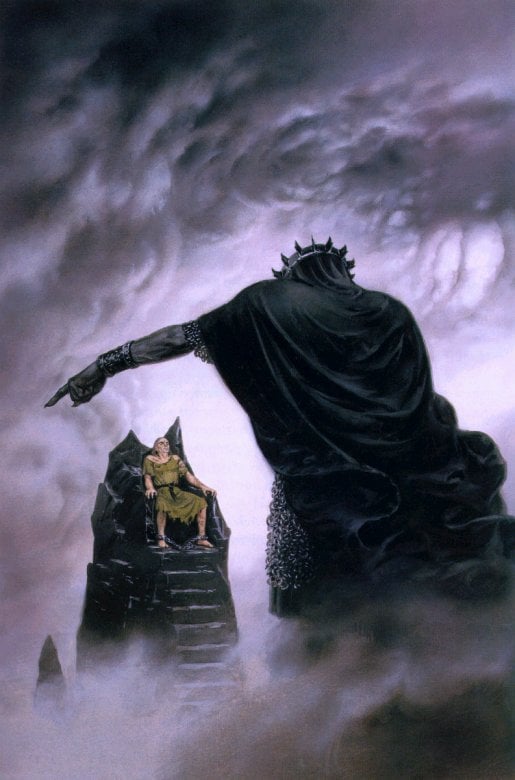
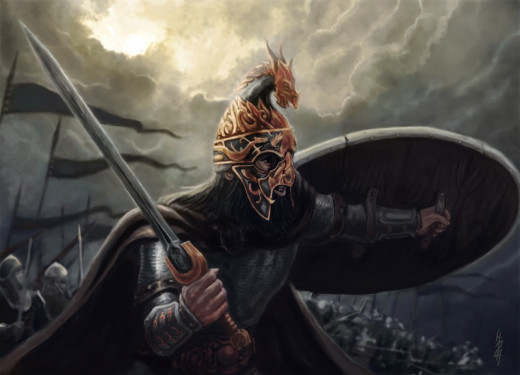
Christopher Tolkien talking about The Silmarillion.
Which of Tolkien's Middle-Earth related work have you read?
Journey to Middle Earth again.
The Silmarillion by J.R.R. Tolkien
My rating: 5 of 5 stars
Oh boy, this is not gonna be an easy review. I was first introduced to Tolkien's work as a kid through the old animated movie version of The Hobbit from 1977. But it wasn't until middle school that I first truly discovered his work by reading the original book. I didn't tackle Lord of The Rings until I was in high school, about a year or two before Peter Jackson's movies came out I think. I love those books. The influence they've had and continue to have on me as a writer can't be overstated. I first picked up The Silmarillion after finishing The Lord of the Rings, so naturally I was expecting another story like that....but when I first read it, I hated it. Back then, I just didn't understand it. It was as far removed from Lord of The Rings as the earth is to the moon, there were no Hobbits, the prose and narrative style was archaic, there didn't seem to be an overarching narrative and I personally didn't connect with the characters like I had with Bilbo, Frodo and the rest. So I put it away, didn't finish it, and moved on to something else. When I was in college, I started to get curious about it again. I had the audio book laying around so I listened to it...and now I love it.
Now before I can actually start talking about the plot, I first have to address the narrative structure and prose style, because like I said its archaic. On both fronts, The Silmarillion has less to do with a modern novel and more to do with the Bible....no really. The way The Silmarillion is structured is very reminiscent of the aforementioned holy text, and so is the language of the prose. Take the first four opening lines for example:
"There was Eru, the One, who in Arda is called Ilúvatar; and he made first the Ainur, the Holy Ones, that were the offspring of his thought, and they were with him before aught else was made. And he spoke to them, propounding to them themes of music; and they sang before him, and he was glad."
Wow, Book of Genesis much? To be fair, the prose style and plot structure makes a certain amount of sense, because Tolkien was a devout catholic all of his life and his original intent for The Silmarillion when he started writing it in 1914, was to make a unified mythology for the British Isles. So it stands to reason that he would want to write the book in this way. And while I personally think this choice makes it feel more epic and poetically beautiful, to the casual reader it might come off as dry, highfalutin and very, very hard to get into. And if that wasn't bad enough, the book is infinitely more complex and dark than either of Tolkien's more famous work. So you really have to pay attention or you're gonna get lost very quickly. But that's not to say that The Silmarillion isn't worth your time, because it definitely is.
As far as plot goes, well that's kinda hard to explain. As I've said before, the book doesn't seem to have an overarching plot, it feels more like a collection of novellas that all focus on the same thing, namely telling the history of the first and second ages of Middle-Earth. Some of the stories presented here will sound familiar to Tolkien fans, as some of the characters in Lord of the Rings make references to the events depicted in The Silmarillion. So you'll read the stories of Beren and Lúthien, the story of the Silmarils (which Bilbo reference to in The Fellowship of the Ring), the rise and fall of Melkor (AKA Morgoth, the Dark Lord before Sauron) and The Fall of Gondolin. It also includes stories that, while no less important, fans had previously never heard like The Children of Hurin and The War of Wrath. The book also has the origin stories of many of the key players of Tolkien's other work like Elrond, Sauron etc. So in that sense, The Silmarillion lays down the foundation for the culture of Middle-Earth, as well as its early history. It's a fascinating read that can help better your understanding of the Middle-earth mythos, but as I said before, there are a lot of things to keep track of so its easy to get lost if you don't pay attention.
One of the things that seems to be accepted about this book is that its unfinished. Honestly, I don't know how much faith I can put in that claim. Because, according to Tolkien's son and literary executor, Christopher, The Silmarillion is in fact complete but Tolkien sadly died before he could go back and revise the bulk of it. And as a result, The Silmarillion has some small inconsistencies with Tolkien's later work. Christopher did his best to try to fix these (although he admitted later making it fully consistent with his father's famous work was impossible), by using other related material left by his father. But he was under considerable pressure from the publisher to get the book out. What's more, not all of his father's notes were in the family's possession at the time. So he should be applauded for getting the book published and for staying as true to his father's original vision as humanly possible. But there are still those that say that he made up entire sections of the book. But really, the only thing he added was a summary regarding the history of the One Ring, and that at the very end.
To sum things up; despite all of its flaws, The Silmarillion is still a must read for any Tolkien fan, or just a fan of the fantasy genre in general. It's a beautifully written swan song for the father of the fantasy genre. If you have the chance, then check it out ^_^. You'll be glad you did.
View all my reviews
More on Tolkien and his work.
- A Review of J.R.R. Tolkien's The Hobbit
A review of The Hobbit. - The Elves Of Tolkien's The Lord Of The Rings
A look at the elves of The Lord of the Rings. - Random musings of a Summer Dreamer: History of Modern Fantasy literature.
A blog post by yours truly about the history of Modern Fantasy Literature.
© 2013 Will English


